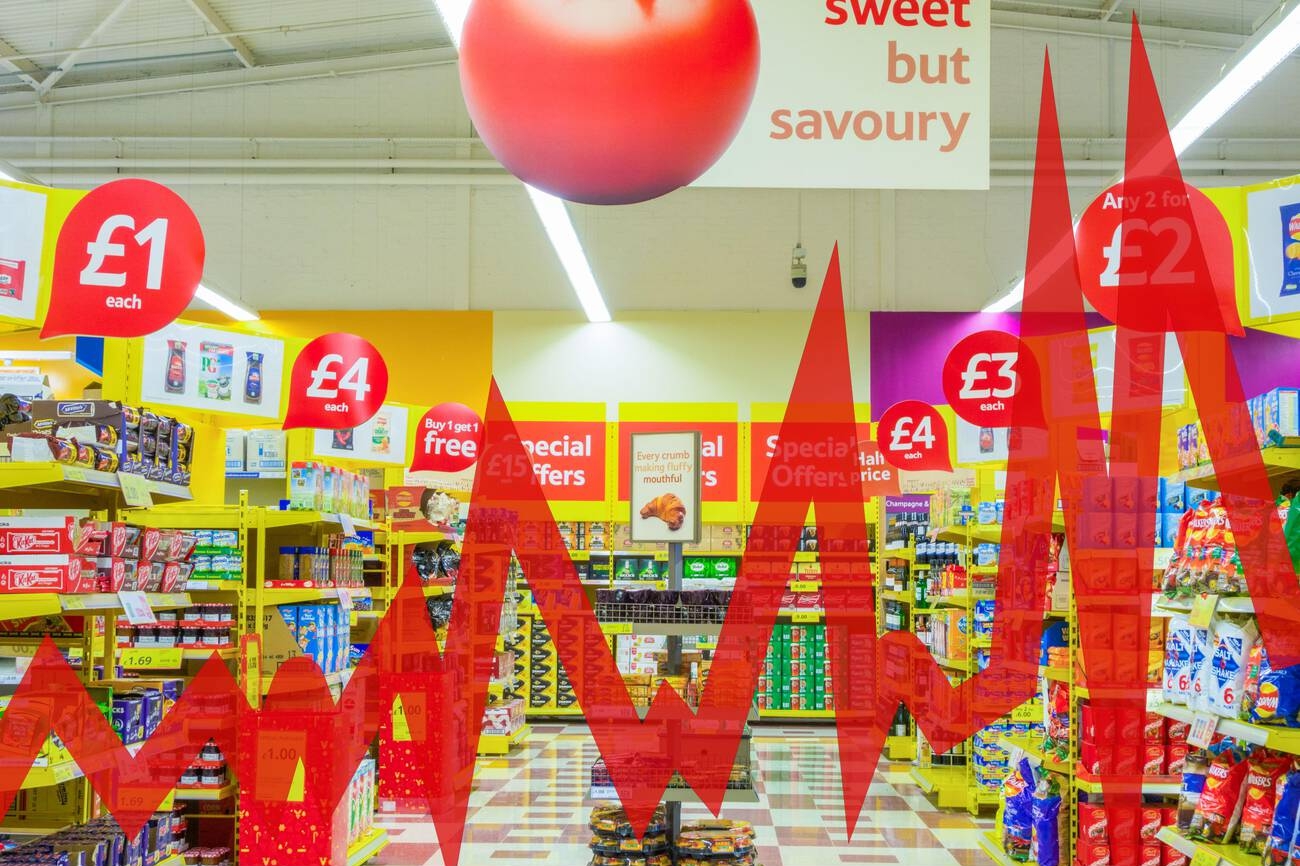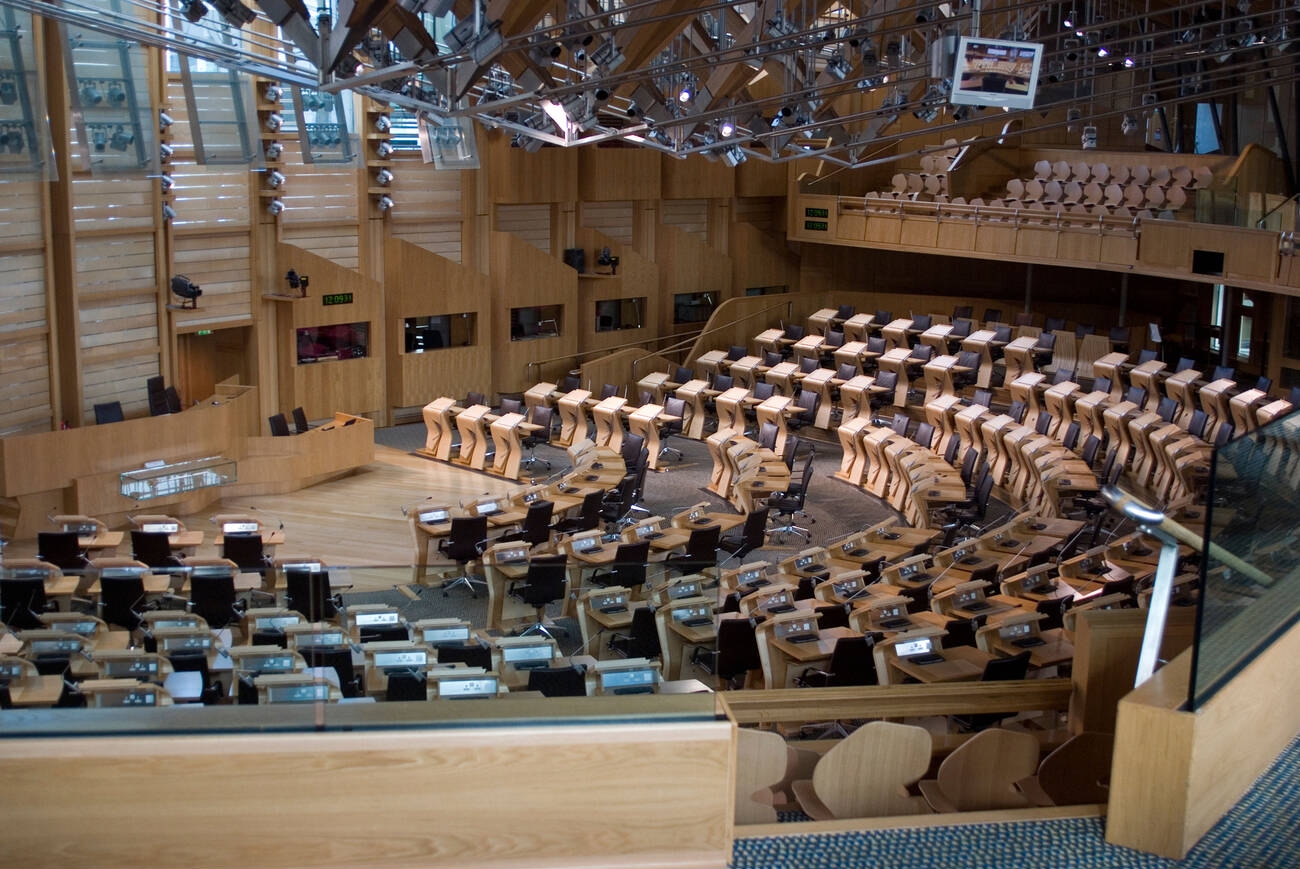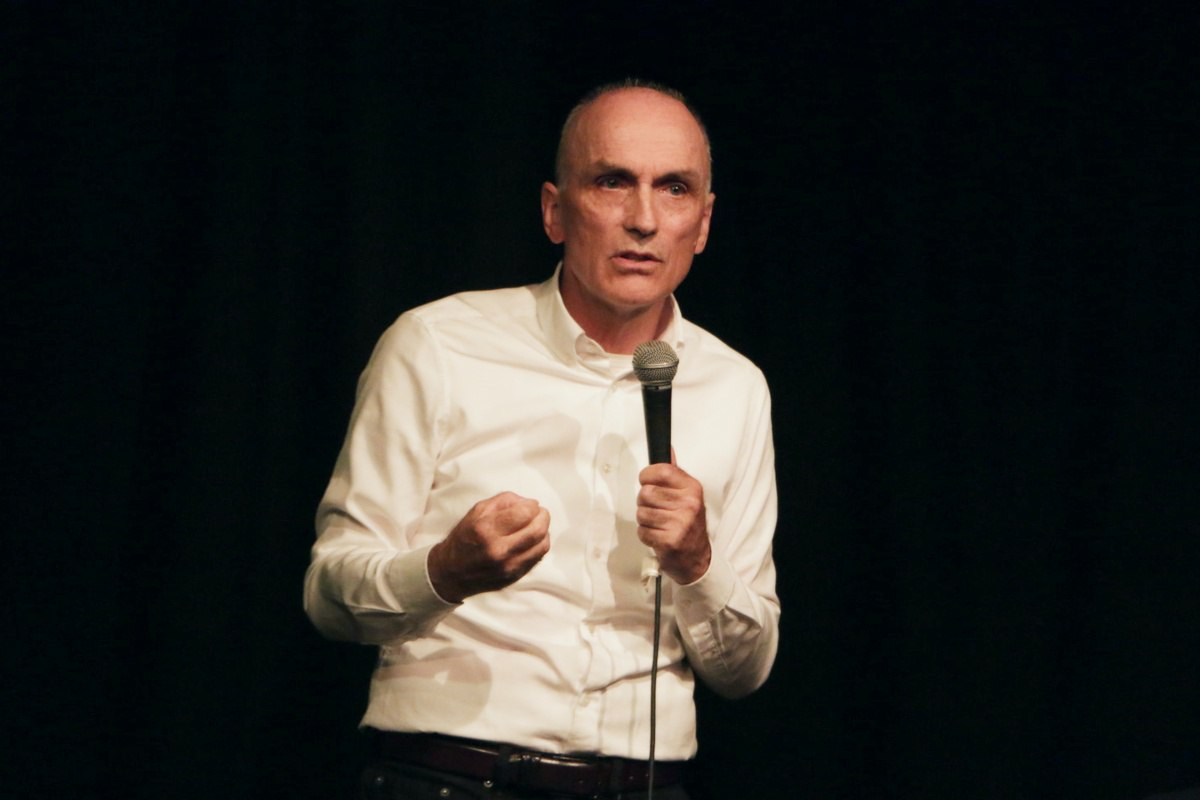Rising Food Prices in Britain: The Third Fastest Monthly Rate in a Year
The rising food prices in Britain have made life difficult for many households in the UK. The government raised

The rising food prices in Britain have made life difficult for many households in the UK. The government raised Food prices at their third-fastest monthly rate in a year, with hikes in the cost of butter, cheese, eggs, and bread.
Rising food prices in Britain include the cost of other breakfast staples. The prices of cereals and coffee will rise significantly, contributing to an increase in food inflation. It was 2.1% in February, a jump from January’s yearly growth of 1.6%. It is according to the British Retail Consortium (BRC)-NIQ Shop Price Index.
Fresh food prices are now 1.5% higher than a year ago. A hike from January’s 0.9%, while ambient food inflation increased to 2.8% from 2.5% in January.
The reason for the butter shortage in the UK
Over the last year, butter prices have tripled. It is because of the rising food prices in Britain and several other factors. These factors include dry weather in the spring and low stocks last year. Now, the UK is the second biggest net importer of dairy in the world, with China taking the top spot.
The UK Government has suspended import tariffs on 89 products, including everyday food and drink items such as pasta, fruit juices, spices, and agave syrup. The temporary suspension, which runs until July 2027, will lead to saving UK businesses at least £17 million annually.
Inflation’s impact on UK groceries
While inflation may be easing slightly, the reality at the checkout counter says otherwise.
While the government may be easing inflation slightly, the reality at the checkout counter shows otherwise. In summary, rising food prices in Britain will continue. For example, the prices of common grocery items continue to rise. This is with an average annual increase of 16.8% across everyday essentials. For example, they increased the prices of hot chocolate and iceberg lettuce by up to 22%.
High food inflation has been a major contributor to rising overall inflation. It has decreased since the peak of the life costs crisis. However, falling inflation does not mean that prices will come down; but will also rise more slowly.
Starmer government’s food policies on rising food prices in Britain
The government has encountered a backlash over reported plans to align with EU regulations on meat and dairy products. UK officials have suggested to European Union (EU) counterparts that Britain could be willing to accept alignment with EU rules. The rules are on fresh meat and dairy. The UK is also willing to accept oversight of the European Court of Justice (ECJ), according to a report by Bloomberg.
The Starmer government’s support programs for low-income households have not been enough, and many people still have to choose between paying their energy bills and buying food.
UK’s Supply chain crisis in 2025
The UK’s mid-sized businesses are bracing for a challenging start to 2025 as supply chain pressures and rising costs top their list of concerns heading into the new year, according to the latest research from accounting and advisory firm BDO.
One-third of these businesses expect to need financial support in 2025. Almost half (47%) are set to focus on AI adoption to mitigate supply chain issues.
At the same time, rising operating costs continue to be a major challenge. Three in ten (28%) companies now see the growing financial burden as their top concern going into the new year, with 32% of mid-sized businesses anticipating additional financial support, including bank loans or government grants, to help navigate the hurdles of 2025.
Economic downturn and the UK food market
Confidence is plummeting among UK food and drink manufacturers, surveys show. The Food and Drink Federation says business confidence fell to -47% amid inflation, energy, and labor pressures. Food prices are forecast to increase by 4.2% on average in the latter half of 2025.
Business confidence plummeted to -47% in the final three months of last year. According to the previous quarter, measures hit companies in the sector identified in the October budget.
The FDF is now urging government to take action to address barriers to growth, which it claims include low investment in innovation, falling food and drink export volumes, and lack of access to highly skilled talent.
The FDF is now urging the government to take action to address barriers to growth. It claims the barriers include low investment in innovation, decreasing food and drink export volumes, and a lack of access to highly skilled talent.
According to the FDF’s state of industry report, rising energy and commodity costs are among the pressures facing food and drink producers in the coming year. Other factors include the costs associated with government policies, such as changes to employers’ national insurance contributions (NICs).
Food Banks Demand Surge in the UK
Economic pressures cause a rising demand for the Island’s food banks. Food banks in Jersey have seen demand for their services surge in the last few years. The cost of living is one charity warning that some Islanders are finding themselves with “nothing left” after they have paid their bills.
Food banks in Jersey have seen demand for their services rise in recent years. Patrick Lynch is the chief executive of Catholic social action charity Caritas Jersey, which works closely with St Vincent de Paul. He cited the rising cost of living as the reason for the increase.
“Salaries for people on lower and minimum wages just aren’t going far enough,” he said, explaining that this was reflected by the greater numbers of people coming to food banks towards the end of each month.
“When rent and other bills are paid, there’s just nothing left.”
On the other hand, rising food prices in Britain have created further pressure.
Island Energy also introduced a gas price rise of 7.5% for Jersey customers, citing a rise in wholesale and import costs, with the change modified to around £9.50 extra a month for an average household.
Cost of living crisis UK: What is it & What is causing it?
At the root of the UK cost of living crisis is rising inflation, which is attributed to rises in the costs of consumer goods.
The rising cost of living has many people tightening their belts and reviewing their financial planning. In the last couple of years, there have been crisis after crisis, from the pandemic to the war in Ukraine. The knock-on effects of the crises are price increases in everything from fuel to food. Global disruption is not limited to the duration of each crisis. Indeed, the war in Ukraine is still developing, with the ripples being felt months down the line. The war has a broad effect on everything.
What is the UK government doing about rising food prices?
The UK Government has suspended import tariffs on 89 products. This includes everyday food and drink items, such as pasta, fruit juices, spices, and agave syrup. The temporary suspension is the cause of rising food prices in Britain. It will run until July 2027 and lead to saving UK businesses at least £17 million annually.
This measure helps to reduce costs for companies and lower prices for consumers. It forms part of the Government’s wider Plan for Change, which focuses on boosting economic growth and developing UK industries.
The possibility of the food crisis escalating in the coming months is very strong, and experts warn that the UK will face an unprecedented crisis in food security if the Starmer government does not take significant action in this area.









